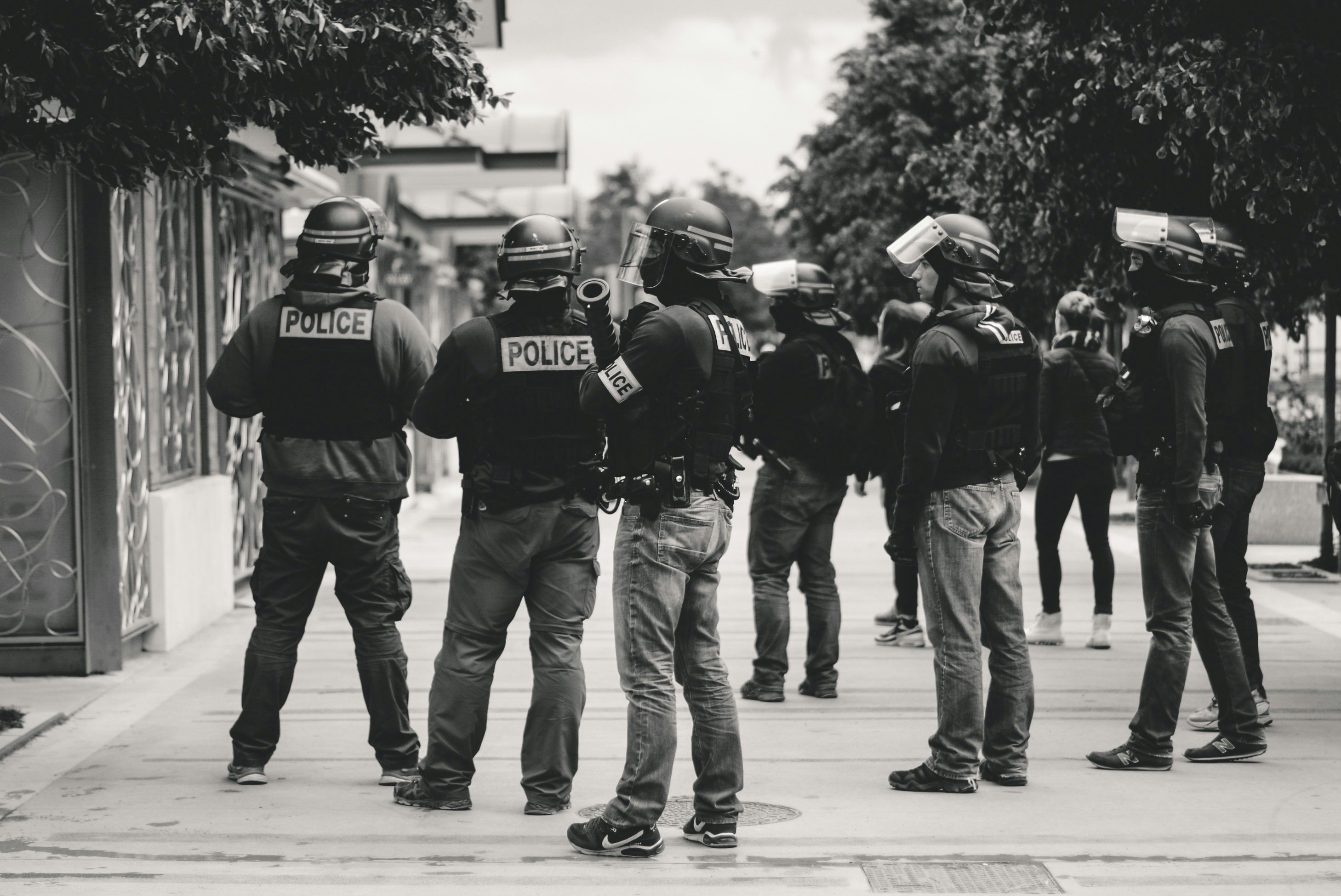Policing and law enforcement depend on a combination of public consent and acceptance of the legitimacy of the state’s ability to use coercive force. The collection, recording and publication of data about the deprivation of life in policing and law enforcement situations is a basic step toward ensuring the responsiveness of police agencies and their accountability under the rule of law.
This website provides both reports on a set of individual countries as marked on the map below in blue, as well as a comparision page between those countries.
Despite the importance of lethal force, relatively little is known internationally about how often it takes place and under what circumstances. Existing monitoring efforts tend to focus on police killings in specific nations or cities, and usually do not allow for comparisons across jurisdictions, or to detect patterns or trends over time.
Monitoring Lethal Force, funded by the Open Society Foundations, has three principal long-term aims:
- To understand the issues associated with monitoring the use of force and offer recommendations to strengthen or initiate monitoring systems.
- To enhance our understanding of the factors associated with incidents where law enforcement organisations resort to firearms and other lethal force.
- To support debate, research and advocacy to improve practices around the use of lethal force by law enforcement organisations.
Toward these ends, this website provides a monitor of three dimensions of lethal force:
- The national legal frameworks in place governing law enforcement agencies use of lethal force (drawing on the University of Pretoria’s Law on the Police Use of Force Worldwide database);
- The official policies and practices in place for recording and responding to deaths (extending the framework in Police Lethal Force and Accountability led by the University of Exeter);
- Comparative indexes of use and abuse of lethal force (widening existing research in Latin America led by Rio de Janeiro State University)
